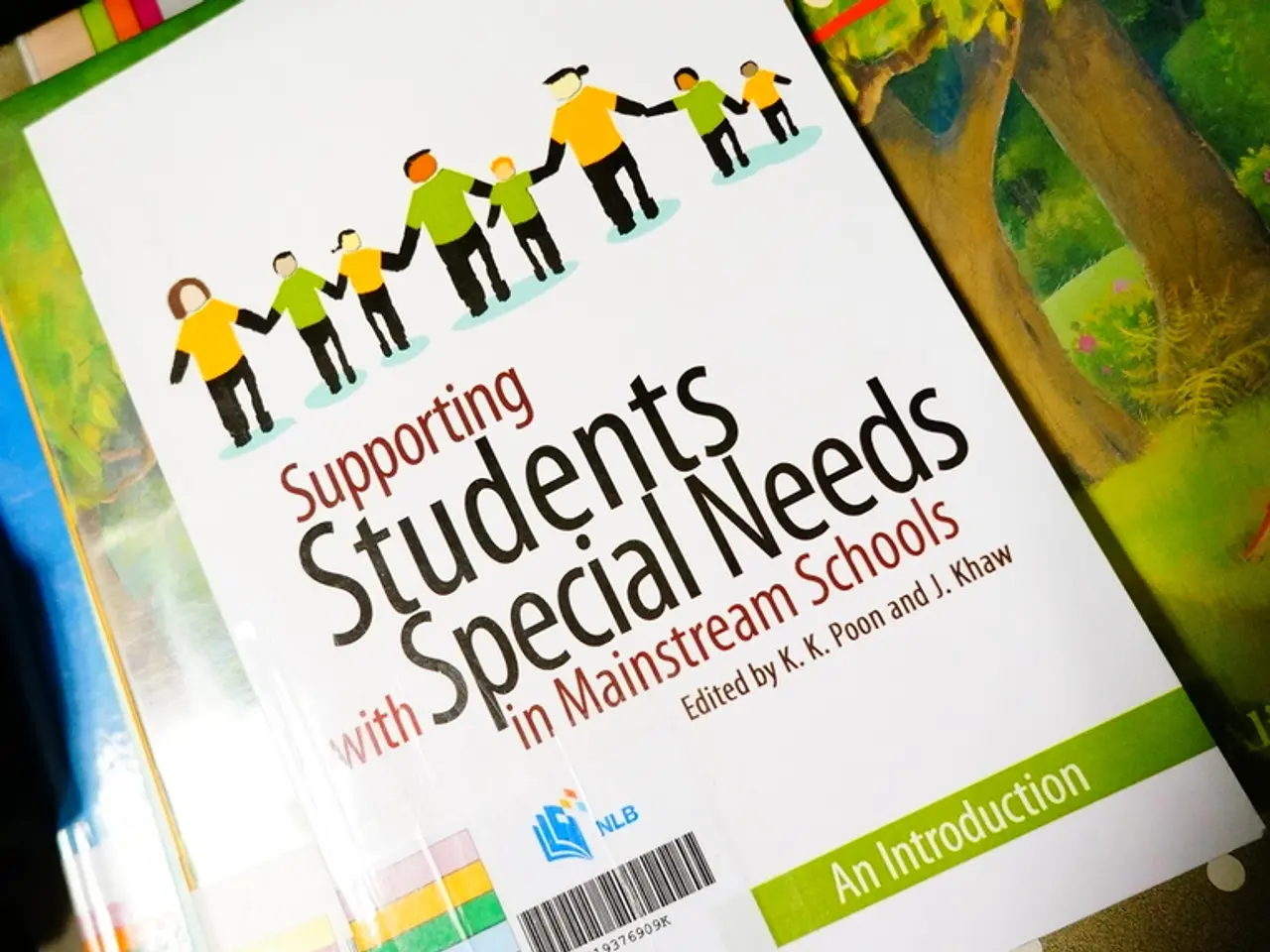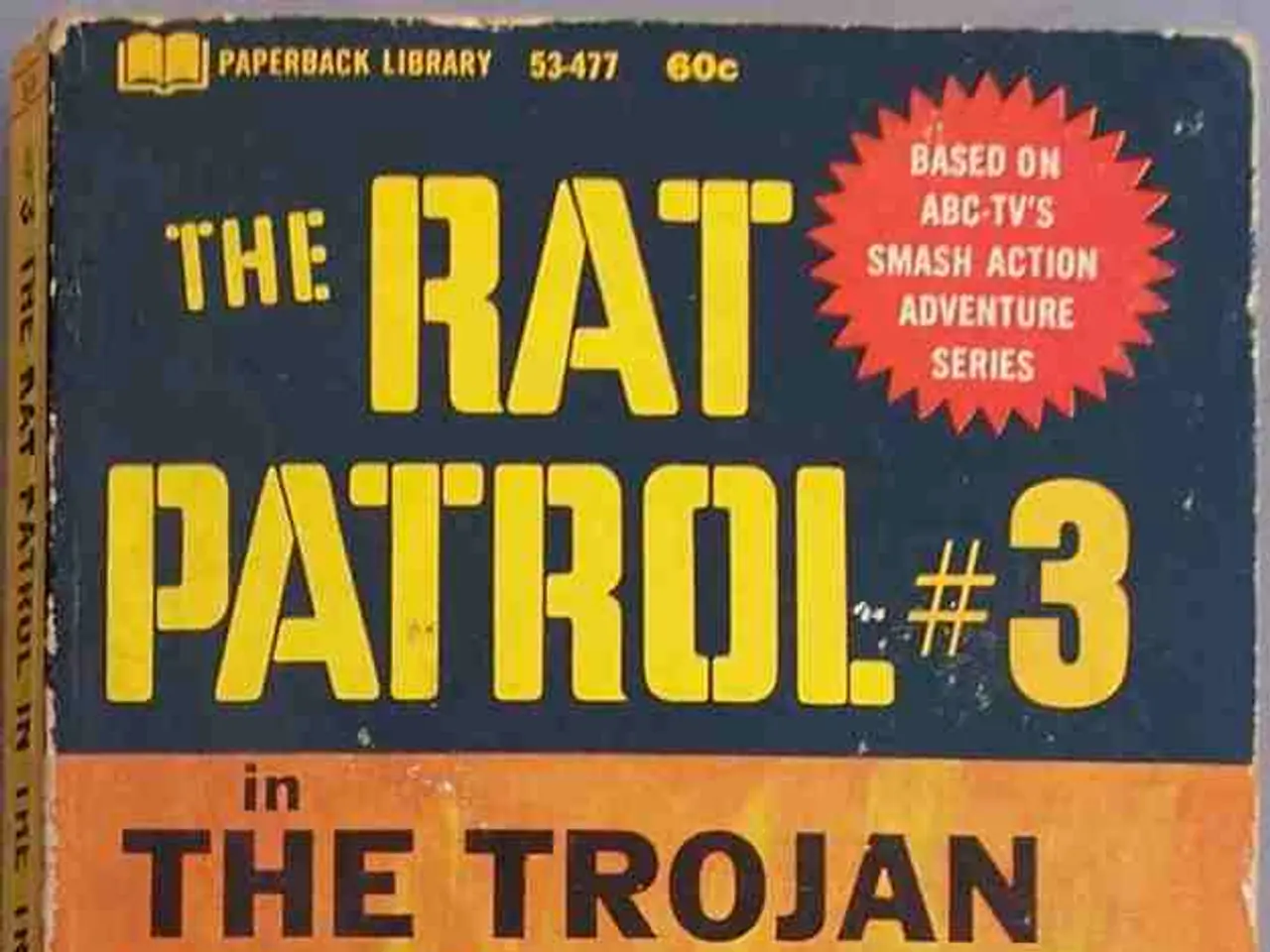Best-selling Books vs Big-time Movies
In the realm of storytelling, books and movies each hold a unique charm. However, for many book enthusiasts, the preference for the written word is undeniable. This affinity stems from the richness and depth that books offer, which often eludes their film counterparts.
Book lovers frequently criticise movie adaptations of their favourite novels, believing that the silver screen doesn't do justice to the story. This critique is rooted in the inherent limitations of film as a medium for complex narrative forms. Novels, with their intricate settings, elaborate plots, and gradual character development, provide a depth and detail that is difficult to translate within a limited runtime of two to three hours. As a result, many subplots, characters, and thematic elements are omitted, making films feel rushed or one-dimensional compared to the immersive experience of reading.
Moreover, the personal, imaginative engagement readers have with their novels often conflicts with the fixed interpretation presented by filmmakers. Readers imagine characters and worlds in unique, personal ways, shaped by the author's descriptions. When these mental images clash with the visual representation on screen, it can lead to dissatisfaction.
The necessity to condense stories for broader audiences also forces adaptations to alter or omit parts, which can alienate fans who desire fidelity to the source material. This need for commercial considerations or audience accessibility sometimes leads to changes that feel unwarranted or disrespectful to the original story’s themes and characters.
Despite these criticisms, it's important to acknowledge that movies can be heart-wrenching, imaginative, groundbreaking, and exciting. However, the emotional depth, nuance, and scope that books provide are often lost when they are rendered into a movie.
The Blooming Twig, an independent, boutique publishing house that caters to adventurous readers, understands this preference. Their readership enjoys adventurous and unconventional literature, appreciating the unique, personal experience that books offer. Finishing a novel can be a fulfilling experience, changing the way a reader thinks and perceives the world.
Reading allows for a more in-depth exploration of a story compared to a movie adaptation, which might omit important storylines or rush through emotional scenes. Moreover, reading can offer a more immersive and personal experience, allowing readers to develop a deeper bond with characters and authors. This bond is hard to replicate through a movie, as reading allows for the portrayal of a character's inner emotions and personal stories that might be difficult to convey through an actor.
The Blooming Twig supports various writing articles, including discussions on the order of book and movie adaptations, the benefits of not having a story made into a movie, and the potential end of dystopia in literature. By fostering a community of readers who value the written word, The Blooming Twig is at the forefront of preserving the unique allure of books.
Movies-and-tv, as fascinating as they can be, may struggle to capture the intricate nuances and detailed storylines found in books. Readers often find their bond with characters and authors deeper through the personal exploration offered in books, a connection that may not be fully replicated through movies. In this context, The Blooming Twig, a publishing house for unique and adventure-filled literature, appreciates the depth and immersive experience that books provide, which sets them apart from movie adaptations.






